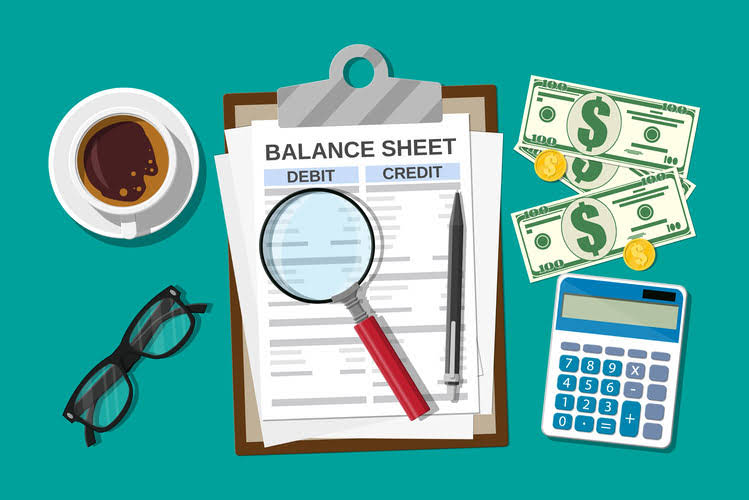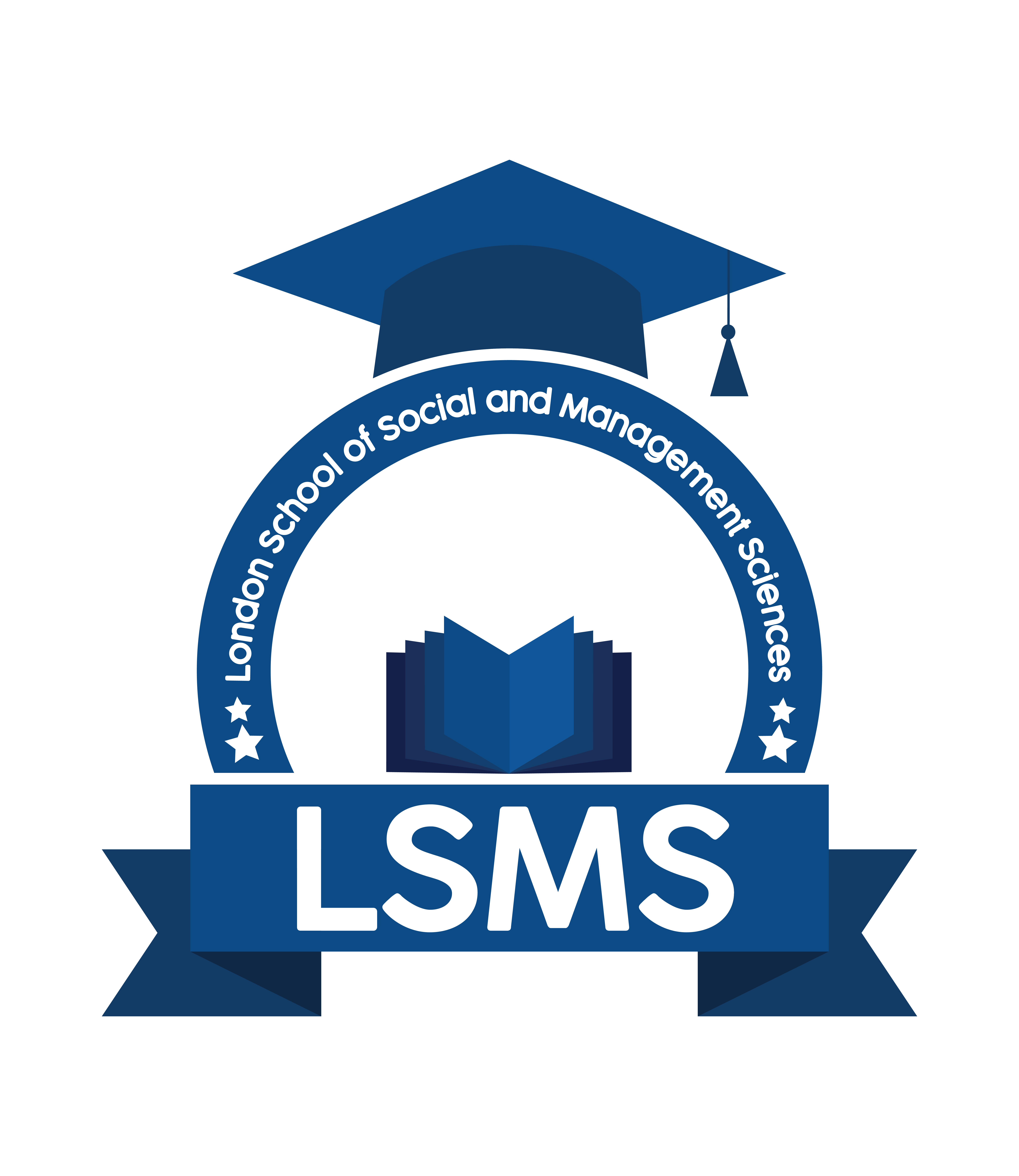
Managerial accounting also involves reviewing the constraints within a production line or sales process. Managerial accountants help determine where bottlenecks occur and calculate the impact of these constraints on revenue, profit, and cash flow. Managers can then use this information to implement changes and improve efficiencies in the production or sales process. Also known as cost accounting, Accounting Services and Bookkeeping Services Outsourced Expertise is the process of identifying, analyzing, interpreting and communicating information to managers to help achieve business goals. Internal management accounting systems are used to provide critical information to management to be used in operational business decision-making. A manufacturing company might use these systems to help in the costing and managing of their process.
Management accounting is concerned with accounting information that is useful to management. It presents the different alternative plans before the management in a comparative manner. The performance of various departments is also regularly communicated to the top management. It presents accounting information in a form that enables the management, investors, and creditors to analyze the financial statements. Management accountants produce dedicated reports to serve the needs of decision-makers. Past and current activities are reported to the extent that such information helps management to plan for the future.
Managerial Accounting vs. Financial Accounting
With the development of electronic devices for recording and classifying data, reporting to management has considerably improved. Historical cost accounting is a system of accounting that records all transactions at costs incurred as soon as they take place or on a date immediately after their occurrence. This is a method of costing which is concerned with changes in costs resulting from changes in the volume of production. Financial planning involves determining both long-term and short-term financing objectives of the firm. https://simple-accounting.org/law-firm-bookkeeping-101-bench-accounting/ provides a means of communicating management plans upward, downward, and outward through the organization.
- You could help the company select the best way to handle its investments together with other corporate managers.
- Marginal costing (sometimes called cost-volume-profit analysis) is the impact on the cost of a product by adding one additional unit into production.
- Management accounting relates to the provision of appropriate information for decision-making, planning, cost control and performance evaluation.
- Larger schools often provide more student resources, but small schools often provide more individualized attention.
- However, the analysis and reports in management accounting statements are based on the statements and reports prepared in financial accounting and used to draw conclusions about a specific business and the direction it should take.
- Individuals seeking high-paying financial analysis or management careers may do well to consider a management accounting concentration.
Raj thanks his accountancy training as he moves on to bigger and more important projects. If you want to learn more financial leadership skills, then download the free 7 Habits of Highly Effective CFOs. The accountant in charge of the management is an important position within the organization. He serves as a staff member and has an authority line over the accountant and others at his workstation. He teaches executives about the necessity of controlling information and the best ways to use it. He separates the relevant information from irrelevant information and then reports this information concisely to management and sometimes to interested parties outside.
What are the types of managerial accounting?
We can use this language to communicate financial transactions and their results. Cost accounting and management accounting are two important terms in accounting that are used to control and formulate the organization policies. Management accounting provides insights on cost and production availability which are integral deciding factors in purchasing choices.
